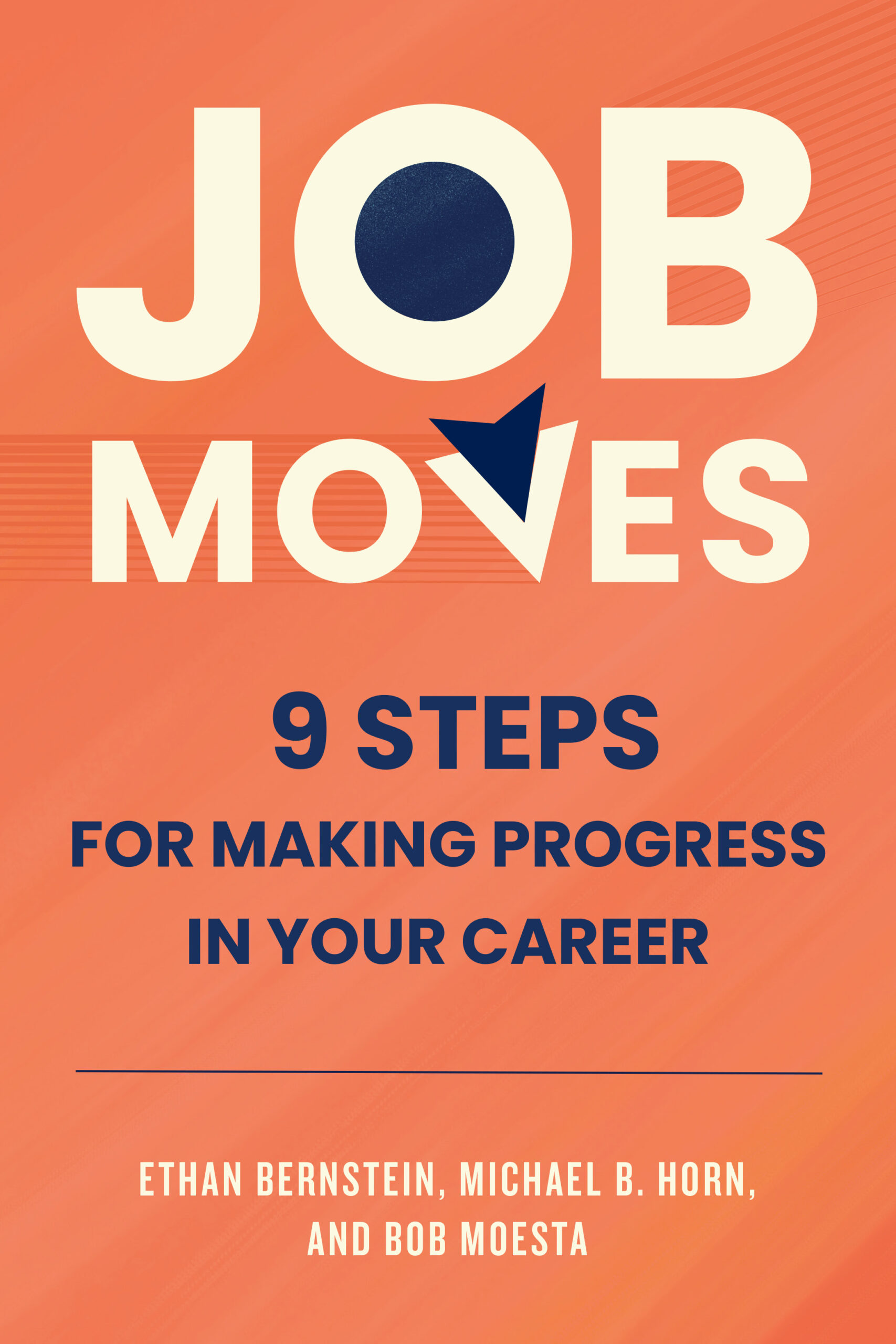Disrupting Who You Know To Bolster Students’ Life Opportunities
My freshman year at Yale, I took an introduction to international relations class with the late, great Professor H. Bradford Westerfield. The course was notable for Westerfield’s informative, entertaining, and occasionally sweeping statements, including this one:
“It’s not what you know. It’s who you know.”
In a course on international relations, one might wonder why a noted professor would repeat this line several times—both consecutively and across sessions of the course.
The reason is that in a whole variety of fields and contexts, relationships—or social capital—matter. Relationships help individuals get access to opportunities and jobs; they help entrepreneurs raise capital; and, alongside the trust that comes from a long history of a relationship across countries, they can help world leaders get deals done.
This idea, that whom you know matters, has been long known and well studied by researchers across a variety of fields. An individual’s social capital has significant impact on their success and failure in life, as well as their health. The robustness of a society’s social capital has a significant impact on the wellness of the society across a range of metrics.
Despite knowing all this, there has been a persistent puzzle in the extensive research. How do we increase access to positive social capital for those from disadvantaged backgrounds? If we don’t address this, then millions will struggle to access the American dream, as they lack the opportunity to get ahead. Yet today there are a paucity of solutions.
Enter Julia Freeland Fisher’s new book, Who You Know: Unlocking Innovations That Expand Students’ Networks, which she wrote with her husband, Daniel Fisher. After summarizing the relevant research on social capital, Fisher, who is the director of education at the Clayton Christensen Institute, dives squarely into the territory of how do we unleash innovations to solve this challenge.

0 comments